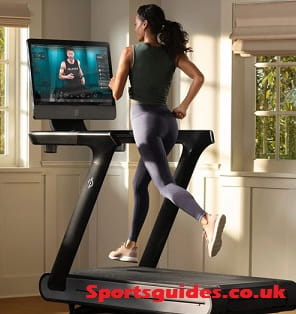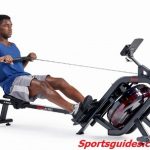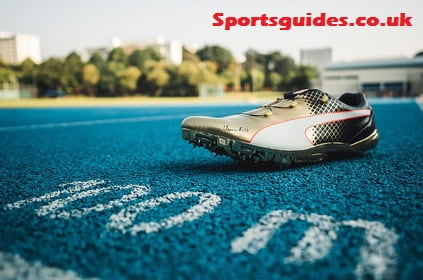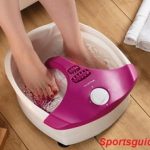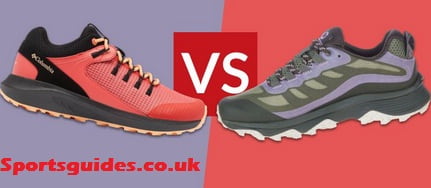
Hiking Shoes Vs Running Shoes
Which shoe should you wear for hiking or running? If you’re considering between them, it might be difficult to make a decision. These shoes are very different from one another and will affect your experience in different ways.
Although the two types of shoes are all ideal for runners who want to feel speedy, each shoe is suitable for a different purpose. If you wonder which is the most suitable pair of shoes that meet your demands, between hiking shoes vs running shoes, this post is all you need!
Contents
Hiking Shoes Vs Running Shoes: A Detailed Comparison
The best hiking or running shoes are made from high-standard materials that provide extra lightness and flexibility than normal hiking boots. Running shoes, on the other hand, are also favoured for their flexibility. Let’s read on to have a closer look at the difference between hiking shoes and running shoes in many aspects!
Weight
Running shoes are typically lighter and more flexible. They have decreased weight, increased cushioning (with features like a mesh upper), provide comfort, and protect your feet while decreasing fatigue after running. Yet, some people possibly prefer a heavier feel of boots underfoot.
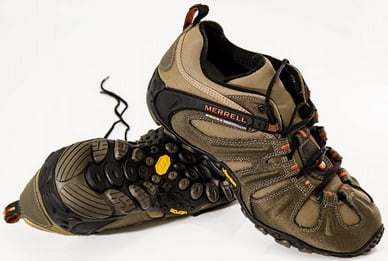
Hiking shoes.
Material
The old days of running shoes made out of leather or inflexible material no longer exist. Today, they are manufactured with softer and more flexible materials that do not irritate your feet right off the bat.
However, it’s important to note that some running shoes can be too soft, unsuitable for speedwork, leading to injury.
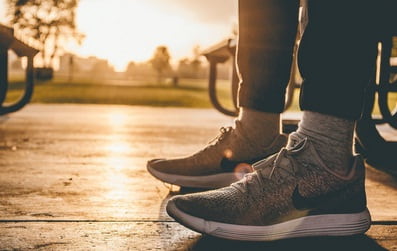
Running shoes.
Hiking shoes used to come only in leather or stiff synthetics but now have increased breathability by adding mesh, which also significantly lowers weight on footwear. If your shoe is slightly off, it may lead to irritation.
For those doing speedwork on a five-mile run, this could affect the rest of your training plan by having to stop early or dealing with potential blisters that can occur due to wearing an ill-fitting pair of shoes. It’s best to take at least one short test trip in them before committing long term!
Durability
A general rule of thumb is that hiking shoes will last longer than running shoes. Specifically, you can expect to get up to 1,000 kilometres out of them before they start falling apart if you clean and store the shoe correctly after each use.
Running shoes typically have a lifespan of 300-500 miles depending on how hard/fast you run with every stride as well as your weight. Heavier runners tend to wear their running footwear out more quickly. This result is because more force is placed into the ground during impact from landing on one’s heel instead of midfoot or forefoot when striking down onto the ground surface.
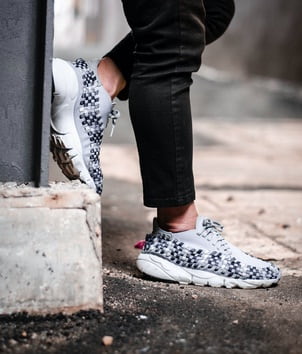
Hiking shoes are slightly more durable than running shoes.
If your legs feel like the shoes aren’t providing you adequate protection, they probably aren’t. Runners should give their legs a week to ensure that the issue is on the shoes, not tiredness.
After this period, if those symptoms remain, your shoes have reached their expiry date, and you should therefore get new ones as soon as possible:
- Your feet still feel dead in these trainers
- White midsole material can be seen poking through the outsole of them
- When there is visible damage at both heels (like crushed soles)
Features
Off-road running shoes are a type of athletic footwear designed for cross-training, trail running, and other sports. If you take your fitness seriously and want to improve your performance, read on about their features below!
- Stability
Hiking shoes offer more freedom of movement but may cause you to feel the bumps and rocks underneath your feet. Whereas running shoes are designed with cushioning, medial support, and durability that work together for optimal foot motion control without restricting it too much.
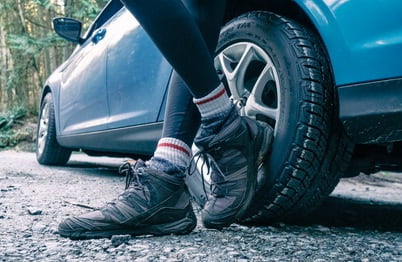
Hiking shoes provide more freedom of movement.
- Waterproof
As running shoes do not have the same level of waterproof protection as the other one, the water can enter the shoes more quickly than hiking ones.
- Ankle Support
Running shoes are best for hiking in warm conditions. If you’re doing a long hike, they dry faster than the other types of shoes – so you’ll stay comfortable even if your feet get sweaty! However, they are not good for winter hikes because they won’t keep you as warm as others.
Hiking Shoes Vs Running Shoes: Pros And Cons
Hiking Shoes
Pros
- Enhance breathability (if fully waterproofed)
- Versatile
- Comfortable
- Good foot protection and solid soles
Cons
- Lack of ankle support
- Relatively heavy
Running Shoes
Pros
- Lightweight material
- Speed support
Cons
- Change the heel strike and running stride
- Shorter lifespan
Hiking Shoes Vs Running Shoes: Which One Is Better?
If you want to run regularly, you must invest in a good pair of running shoes. For most people who only train occasionally, comfort and support are more important than having the best shoe on the market for each training style.

Which shoes to opt for?
Hiking shoes are great for hikers because they require less effort to wear. They even last longer than running shoes, thanks to their amazing durability.
Nevertheless, we think this makes them better suited for backpacking trips instead of day hikes or shorter treks where one pair would suffice (though some might like having different options).
Conclusion
Now, you know the difference between hiking shoes vs running shoes!
In most cases, hikers use hiking shoes because they are stronger and have more grip than most running shoes. They make it easier to walk through rocks, mud, or snow without slipping. In contrast, running shoes allow your foot to flex as you move forward, allowing you to run faster. Running shoes also offer less protection against sharp objects like stones or sticks on the ground when going over uneven terrain.
Which type of shoes will you opt for, then?

